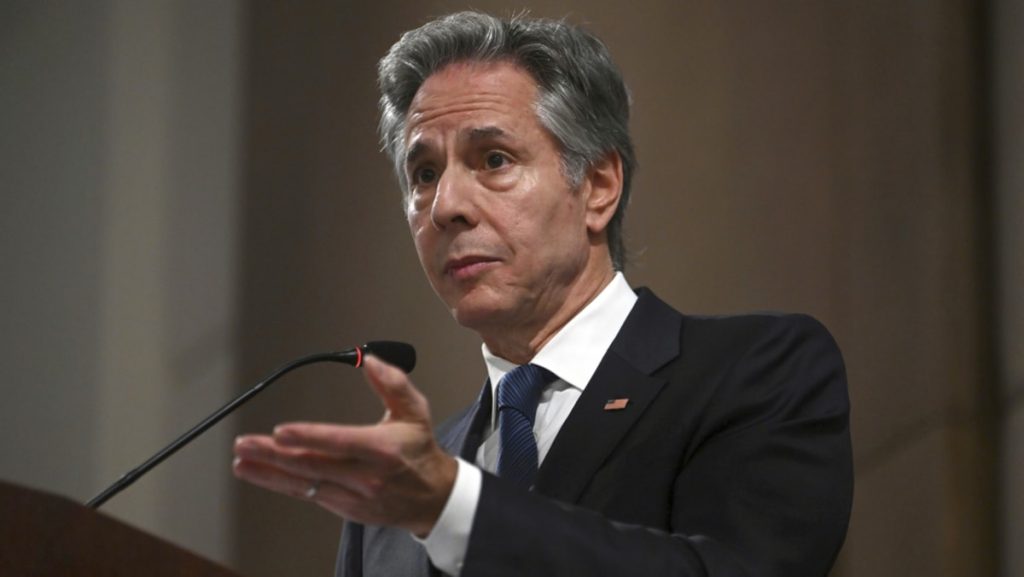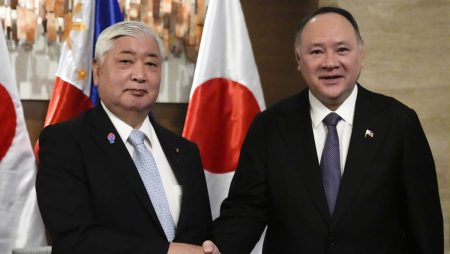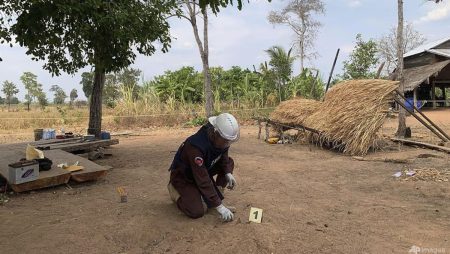Secretary of State Antony Blinken’s visit to South Korea comes at a pivotal moment for both nations, marked by political transitions and shared security concerns. Blinken’s trip, occurring amidst a domestic political crisis in South Korea, presents both challenges and opportunities for the US. While he may face criticism from some segments of the South Korean political spectrum, his high-profile status and the pressing need for US-South Korea cooperation on issues like China and North Korea are expected to allow him to navigate these complexities successfully. The focus will likely remain on bolstering the alliance and addressing shared regional security challenges, rather than becoming entangled in South Korea’s internal political dynamics.
The political landscape in South Korea is currently undergoing a significant shift. President Yoon Suk-yeol, a conservative, imposed martial law, a move that triggered widespread protests and highlighted the fragility of the country’s democratic institutions. This action has created a tense political atmosphere, potentially complicating Blinken’s visit. However, the State Department has indicated that Blinken’s primary objective is to reinforce trilateral cooperation with South Korea and Japan, a strategic partnership crucial for addressing the North Korean nuclear threat and maintaining regional stability. This emphasis on shared security interests is intended to transcend the internal political divisions within South Korea.
The change in leadership in both countries adds another layer of complexity to Blinken’s visit. The return of Donald Trump to the White House, following Joe Biden’s term, introduces an element of unpredictability to the US-South Korea relationship. Trump’s previous engagement with North Korea, while unconventional, differed significantly from Biden’s approach. This shift in US leadership necessitates a recalibration of the alliance’s strategy towards North Korea, requiring Blinken to address both continuity and potential changes in US policy. The Biden administration has emphasized its commitment to engaging with South Korean politicians across the political spectrum, acknowledging the uncertainty surrounding the country’s future leadership.
The political crisis in South Korea has further complicated the situation, as it coincided with the visit. Yoon’s imposition of martial law, unexpected by US officials, sparked mass protests and raised concerns about the stability of South Korea’s democratic institutions. Blinken, however, has chosen to frame the crisis as a testament to the resilience of South Korean democracy, expressing confidence in the country’s ability to navigate these challenges. This perspective allows the US to maintain a positive outlook on the relationship while acknowledging the internal political dynamics at play.
The opposition leader, Lee Jae-myung, presents another set of challenges for US diplomacy. Lee, who faces potential disqualification from upcoming elections, espouses views that diverge from both the Biden and Trump administrations. He has criticized the deployment of the THAAD missile defense system, a key component of US strategy in the region. His stance on Japan also differs significantly from the current US approach, potentially complicating efforts to strengthen trilateral cooperation. These policy differences require careful navigation by Blinken, as the US seeks to maintain a strong alliance regardless of who holds power in South Korea.
Despite the political intricacies, the core focus of Blinken’s visit remains on reinforcing the US-South Korea alliance and addressing shared security concerns. The State Department’s statement emphasizes the importance of trilateral cooperation with Japan, particularly in intelligence sharing related to North Korea’s nuclear program. This focus allows Blinken to elevate the discussion beyond the immediate political crisis in South Korea and concentrate on the broader strategic challenges facing the region. By prioritizing these shared interests, Blinken aims to demonstrate the enduring strength of the alliance and its importance in maintaining regional stability.










